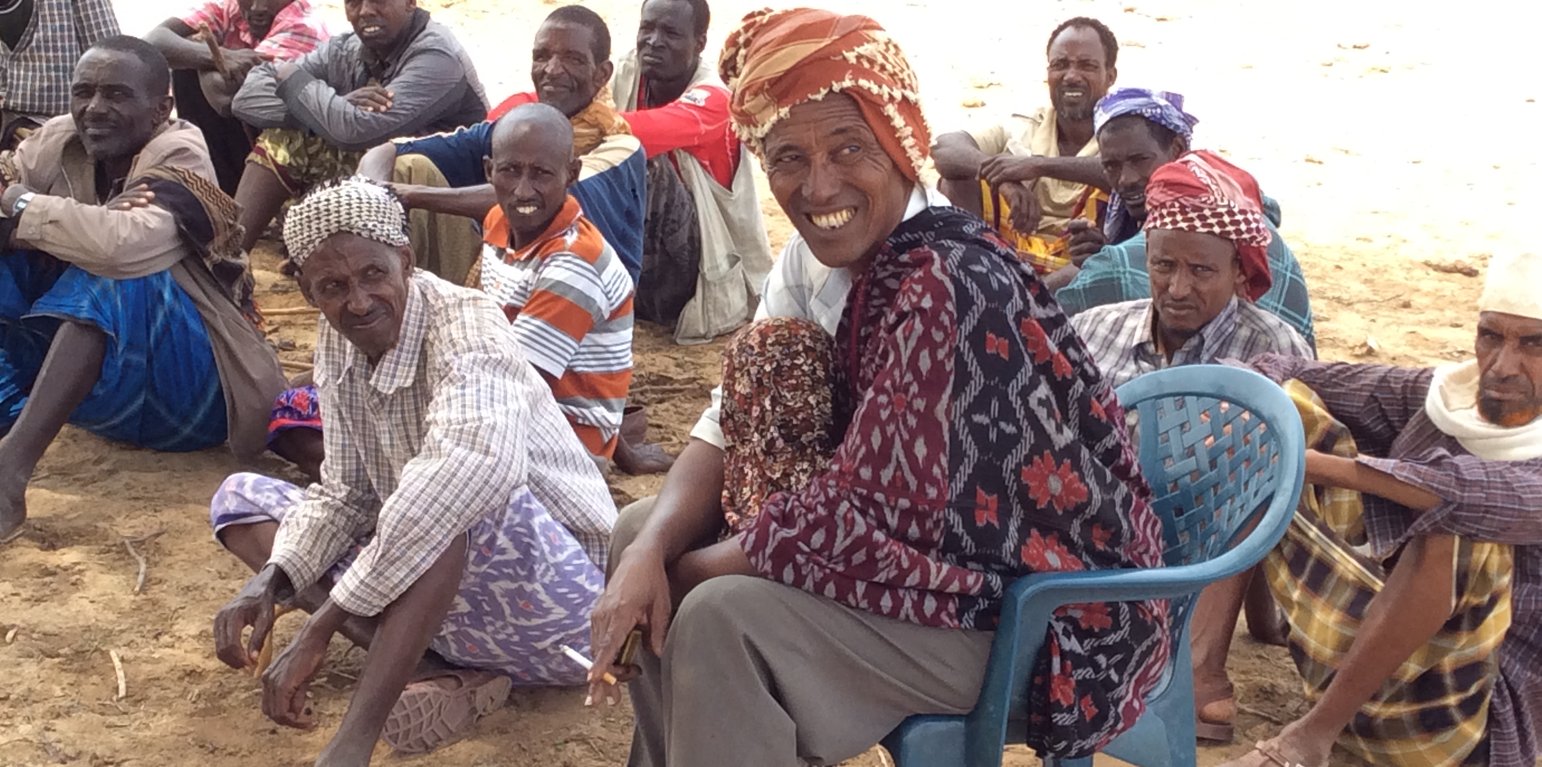



Pastoral Community Members together with the Jarsa Dedha (the council of elders who control the use of grazing land and its resources) are at the forefront of reinvigorating traditions of rangeland management. To achieve this, they have been supported by organizations including the Ward Adaptation Planning Committees (WAPC), the Resource Advocacy Programme (RAP) and the International Institute for Environment and Development (IIED). There has been a focus on reviving traditional institutions and systems of managing of natural resources to help communities adapt to climate change.
One specific project that has assisted the re-empowerment of the Dedha institutions was StARCK+ (funded by DfID). StARCK+ was founded on an understanding and an appreciation of the traditional natural resource governance of the Boran pastoral community. Responding to participatory demand it undertook to help strengthen this customary natural resource management system. Various agencies have also conducted research on the traditional institution and investigated how it could be improved. These include IIED, (UK), the University of Nairobi, (Kenya) and the University of Sussex (UK).
The Jarsa Dedha is an indigenous institution, through which customary laws and provisions guide the management of natural resources. The Boran of Isiolo County, Kenya, like their kin in southern Ethiopia, derive their customary laws from an overall supreme general assembly called the Gadha. The Gadha governing council preserves traditional laws and codes of conduct, as well as issuing amendments and additions based on the evolving environmental, social and cultural context. The Gadha system has a set of laws and provisions (seere), customs and culture (aada), and norms and values that govern society.
The recognition and observance of seere and aada are still considered vital for the wellbeing of the community, and the Gadha Council remains a legitimate institution in the eyes of Borana society. However, adherence to these laws is declining and the power of Borana customary institutions to enforce regulations is being undermined in a number of ways.
The reasons for weakening traditional institutions are basically poor recognition by the county and national government, and non-compliance with the rules due to changing socio-cultural norms. The council of elders that govern grazing resources, the Jarsa Dedha, which is the custodian of these unwritten rules and regulations locally, no longer has sufficient capacity or authority to enforce them as it had done prior to colonial rule. With climate change, pasture and water supplies are becoming scarcer and there is no other better way to govern land than the traditional system: that is why reviving, strengthening and improving the system was much welcomed through the advent of the StARCK+ project and the initiatives and support that have followed.
Looking towards the future, the rules of governing natural resources have been collected and formed into a draft county customary natural resource governance bill. This, if passed by the County Assembly, would represent a very significant step, by legitimising the traditional system of rangeland management through the Jarsa Dedha.
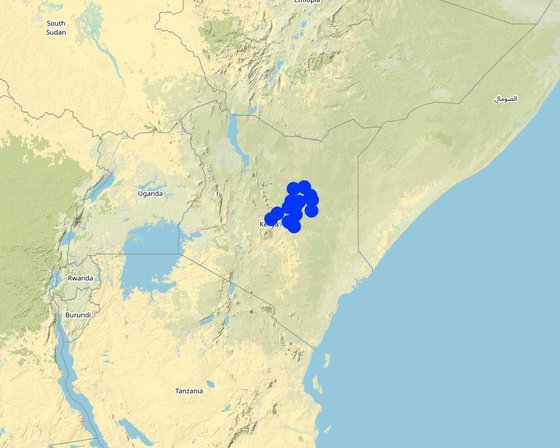
地点: Pastoral areas of Isiolo, Isiolo, 肯尼亚
启动日期: 2012
终止年份: 不适用
方法的类型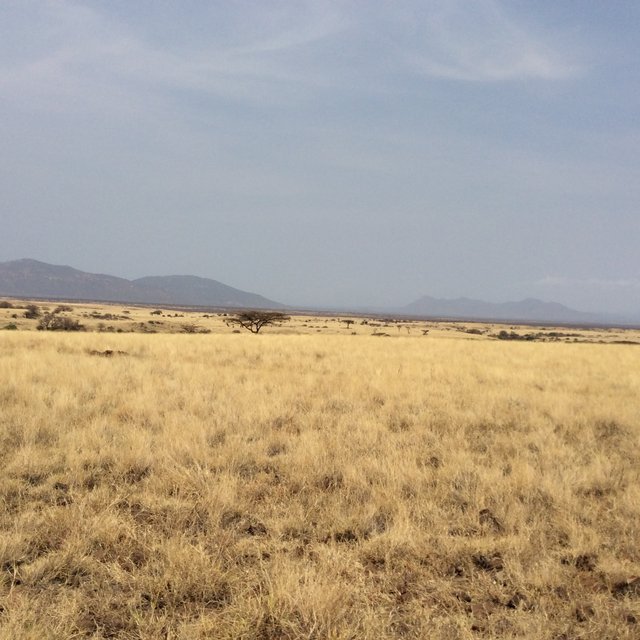
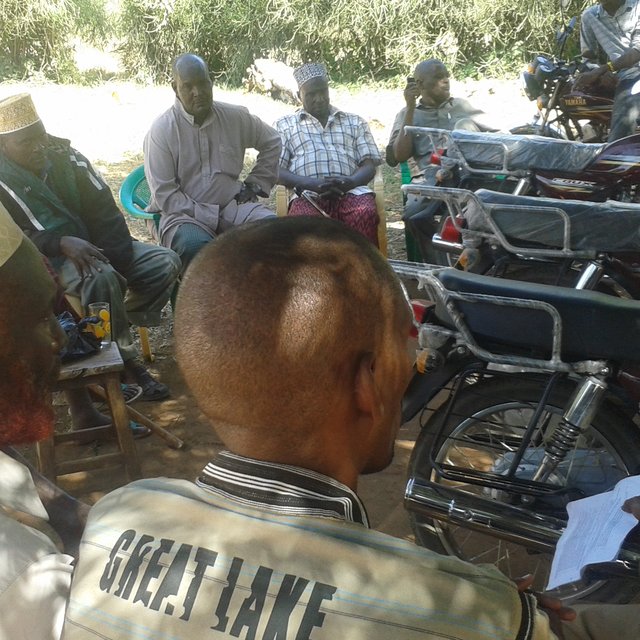
| 该方法涉及哪些利益相关者/执行机构? | 指定利益相关者 | 说明利益相关者的角色 |
| 当地土地使用者/当地社区 | Boran Community members, Dedha elders. | Agree on the pasture and water management approach and implement . |
| 社区组织 | Ward Adaptation Planning Committees. | Implement community plans and fundraise for it. |
| NGO | Resource Advocacy Programme (RAP), Merti Integrated Development Programme (MIDP), Pastoralist A Capacity Development E Programme (PACDEP), International Institute for Environment Development and Adaptation Consortium (ADA) | Support communities in implementing the approach. Ward Adaptation Planning Committees; Implement community plans and fundraise for it. |
The Dedha traditional system of managing resources has internal hierarchy at different levels i.e. Olla (homestead), Artha (locality) and Dedha (a large area). Although planning and minor decisions are made at local levels, major and binding decisions are agreed at Dedha level on grazing and management of pasture. Many NGOs and government actors engage the management system at Dedha level.
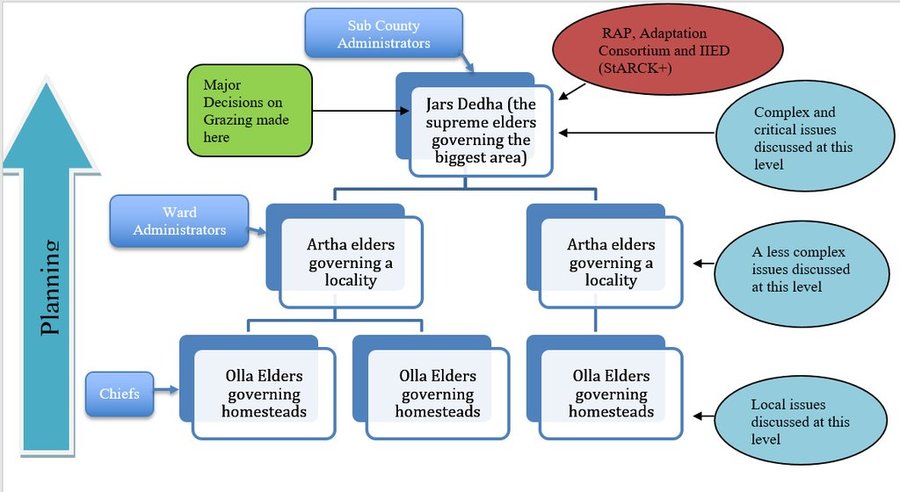
决策是由......做出的
决策是基于
Constitutional clauses supporting management of land through traditional institutions.
Need to legislate the local traditional rules to county laws. Participatory mapping of Natural Resources in the grazing areas to improve planning.
Various institutions have conducted research on the traditional institution and investigated how it could be improved through strengthening and reviving it with new initiatives for improved governance of natural resources. The institutions are the International Institute for Environment and Development, (UK), the University of Nairobi, (Kenya) and the University of Sussex (UK).
The rules of governing natural resources were collected and documented into a county customary natural resource governance bill.
Strengthens community rights and ownership of their land.
The Approach convened the community and identified the community challenges and worked on it with the support of Dedha elders.
Supported the essential activities of the traditional system and made it easy to implement.
Improved coordination among the partners and made implementation easy.
The knowledge is culturally passed to generations
Yes, other stakeholders’ knowledge on the system was also improved.
Yes, the Approach made local indigenous institution stronger and enhanced their collaboration.
It provided platform for resource based conflict discussions and also settled many of local and trans-boundary conflicts through the empowered Dedha elders
Yes, the approached saved livestock from death in times of drought and built pastoral communities economically.
The aAproach engaged the Dedha elders to accept women in their traditional institutions and entrenched gender in establishment of WAPCs
Many youth were involved in implementing the Traditional systems of governance as a result of the approach
Yes, the Approach led to formulation of customary natural resource management bill meant to enhance land rights.
Yes, through ensuring retention of livestock asset.
The Approach through improvement of range management institution of Dedha, has helped to ensure there is food for pastoral herds and livestock with good body conditions were sold in local markets in good prices
Yes, through the approach many water facilities were better managed.
Yes, the Approach empowered the community to arrange their pattern of grazing to wet, dry season and grazing reserves to cope with climate extremes and disasters.
Yes, many job opportunities were created for locals and also private businesses.
The traditional system of managing natural resources for pastoralists has been in place for time immemorial and it supports their way of life and even if there is minimal support from outside, such as the empowering approach, the SLM will still continue as it was developed by Boran pastoralists – who feel it is the most legitimate and appropriate system of governing rangelands in the region. This has been confirmed by many analytical studies of the system.